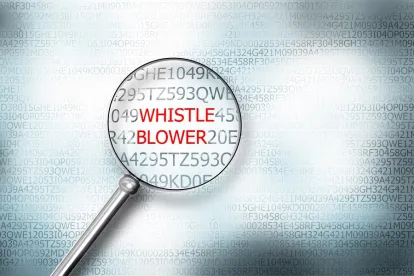May 13, 2021. Four executives of the University of Miami’s hospital system filed three separate False Claims Act qui tam lawsuits alleging that the hospital system knowingly took advantage of the Medicare program by unwarranted billing for numerous services. Notably, these were high-level executives who found the Medicare violations troubling and reported the conduct to the government. These top officials in the university’s health system included a chief operating officer, a director of laboratories, a vice-chair for administration, and a former accountant. As a result of reporting this fraud, the Department of Justice will award a whistleblower share of between 15% to 25% of the $22 Million, the precise amount yet to be determined.
The executives alleged three types of fraudulent billing practices: (1) exploiting Medicare billing rules that allowed the university health system to charge more money to Medicare for supposedly converting doctor’s offices into hospital facilities; (2) setting up an in-house protocol to bill Medicare for an unnecessary battery of tests for kidney transplant patients; and (3) billing Medicare more than allowed for related parties such as nearby Jackson Memorial Hospital, in violation of Medicare rules. Basically, the whistleblowers alleged that the university health system used different methods to exploit and bill the Medicare program excessively.
In addition to the monetary settlement under the False Claims Act, the university was required to enter a corporate integrity agreement with the Department of Health and Human Services, Office of Inspector General—another government enforcement tool to combat health care fraud, waste, and abuse.
The settlement against the university resolves allegations made in three lawsuits brought under the qui tam, or whistleblower, provisions of the False Claims Act. The Act allows private parties known as “relators” to sue on behalf of the government for false claims and to share in any recovery. It also allows the government to intervene and prosecute such an action. The relators’ share of the recovery, in this case, has not yet been determined but should be between 15% to 25% of the $22 million settlement.
Healthcare fraud is exposed by individuals with knowledge that the fraud is occurring, such as these university executives. Whistleblowers often are executives, employees, colleagues, clients, or competitors of the offending healthcare provider. Whistleblowers are protected against retaliation under the whistleblower provisions of the False Claims Act.




 />i
/>i

